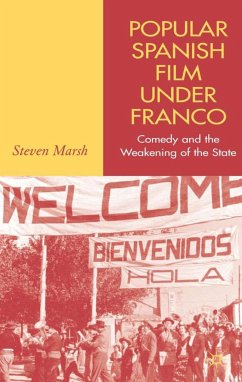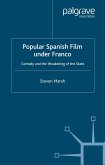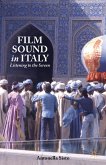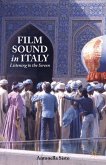Popular Spanish Film Under Franco is the first book of its kind to analyze cinematic comedy during the initial two decades of Francisco Franco's dictatorship. Focusing on the intersection between popular culture and political populism, it breaks new theoretical ground in re-evaluating the policies of the regime and the tactics employed by those who sought to undermine it. Its cultural studies approach - combining Gramsci, de Certeau and Bakhtin - interrogates the ambiguous nature of subversion and challenges common assumptions concerning post-war Spanish film.
Hinweis: Dieser Artikel kann nur an eine deutsche Lieferadresse ausgeliefert werden.
Hinweis: Dieser Artikel kann nur an eine deutsche Lieferadresse ausgeliefert werden.
'Steven Marsh offers a thoughtful analysis of Spanish comedy during Francoism that makes us better understand the role of resistance played by popular culture...This is a stimulating book that paves the way for further research on comedy in the ideological arena.' - David Rodr?guez-Solás, Arizona Journal of Hispanic Cultural Studies








